The Parable of the Mexican Fisherman
There’s a story I ran across several years ago that has really helped influence my thinking on the important difference between being “successful” and being “fruitful” in life. The idea is that one can work hard, stay relatively productive, and become genuinely successful in a particular field of work while honestly not accomplishing anything ultimately meaningful when it’s all said and done. Or, at least, discovering, when it is all said and done, what was truly meaningful about it could have been accomplished so much sooner in life and with a much more direct path.
I think the story was originally written by an author named Mark Albion, though I first saw it in one of Tim Ferriss’ books. It’s called “The Parable of the Mexican Fishermen,” or “The Parable of the Businessman and the Fisherman.” The story goes like this:
There was a young businessman on vacation at a small Mexican coastal village. One day, while standing at the pier, he noticed a small boat with just one fisherman returning to the cove after a short time of casting on the water. The fisherman moored his little vessel to the dock with several large yellow-fin tuna inside the boat. The businessman looked at the fisherman’s catch and complimented him on the quality of the fish and asked him how long it took to catch them. “Only a little while,” the fisherman replied.
A little surprised, the young businessman asked, “Why didn’t you stay out longer and catch more fish?
The content fisherman said, “This is enough to support my family’s immediate needs. I don’t need any more.”
“But what do you do with the rest of your time?,” asked the confused young man.
“Well, I sleep late, fish a little, play with my children, take a walk with my wife, stroll into the village each evening where I sip wine and play guitar with my amigos; I have a full and busy life, Señor.”
The businessman scoffed, “Let me give you some advice. I’m a Harvard graduate with an MBA and know a little bit about business. If you spent more time fishing and with the proceeds bought a bigger boat, and with the proceeds from the bigger boat you bought several boats, eventually you would have a fleet of fishing boats. Then, instead of selling your catch to a middleman, you could sell directly to the processor, eventually opening your own cannery. You could control the product, processing, and distribution. Of course, you would need to leave this small coastal village and move to Mexico City and, perhaps, eventually to New York, where you could run the headquarters of your growing enterprise.”
The fisherman asked, “How long will this all take?”
The young man replied, “Oh, 15-20 years, if you work hard.”
“What then?,” asked the fisherman.
The businessman laughed and said “That’s the best part. When the time is right you would announce an IPO and sell your company stock to the public and become very rich. You could make millions.”
“Millions, Señor? Then what?”
“Then, my friend, you could retire, move to a small coastal fishing village where you can sleep late, fish a little, play with your kids, take a walk with your wife, stroll to the village every evening where you can sip wine and play the guitar with your amigos.”
If there’s any takeaway from that story, I suppose it’s not to bash the hard-working Harvard graduate or business executive. I for one am very grateful for those who clock the time behind the big desk to keep the gears of our modern, global economy moving, but it does make you think. It makes you think about what in life you’re really working toward and how direct of a path you’ve chosen to get there.
I know some people tend to work for the sake of work itself, while others out there will work more as a means to some other end. I tend to fall in the latter camp. The question then is to what end are we working, and do we really think that end can only be reached at some distant date on the calendar, say, when we finally reach the higher rung on the company ladder, or that comfortable number in our retirement fund.
If you’re working for some material end—say, a larger nest egg, a more prestigious position, maybe it’s a bigger house, or something like that—I imagine it may very well take you until retirement to reach that. But, if you’re working towards something more intangible—say, a stronger marriage, or trying to build character in your kids, or giving more time to ministry in your local church and community, or growing closer to the Lord—I’ll tell you, it would be a mistake not to give as much attention to those things as you can afford to do now. Why? Because those things don’t require more dollars in the bank, or more degrees on the wall, or more busywork logged on the time sheet in order for fruitfulness and fulfillment to happen.
The story of the Mexican Fisherman reminds me a lot of the story in Luke 10 when Jesus visited the house of Mary and Martha. In that account, Mary was content to sit at the feet of Jesus in order to spend time with him on a personal level, while the text says Martha was distracted with much serving, running around the house to get things done. While Mary was just sitting on the floor talking with Jesus, Martha voiced her complaint, “Lord do you not care that my sister has left me to serve alone? Tell her then to help me.”
From Martha’s perspective, it didn’t look like Mary was being very productive. But what did Jesus say in reply? He said, “Martha, Martha, you are anxious and troubled about many things, but one thing is necessary. Mary has chosen the good portion which will not be taken away from her.”
Mary chose “the good portion.” Question—does that describe your life? Have you chosen the good portion? Have you chosen what is truly fruitful and meaningful in life over the mere illusion of achievement, productivity and busyness? Are you wasting precious years of your life, or your spouse’s and your kid’s lives, or the life of your church family, detouring around the very destination that’s right in front of you? I encourage you, take a lesson from Mary and the Mexican Fisherman. The fact is you can be very productive and successful in your work and not very fruitful in your life.





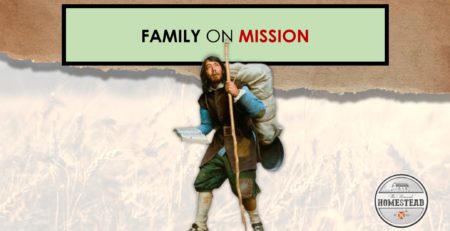

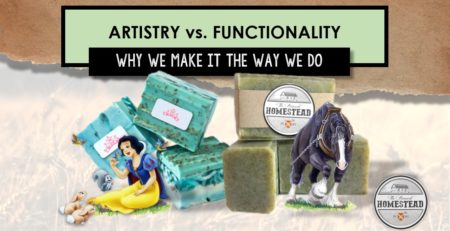
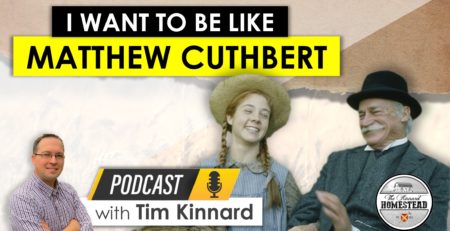

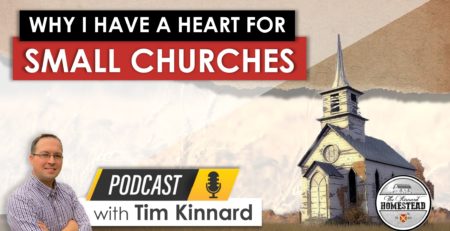
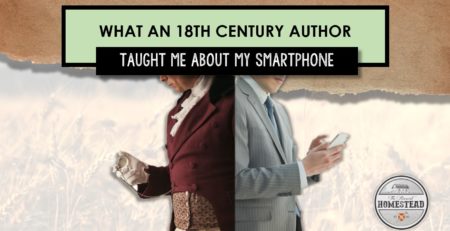
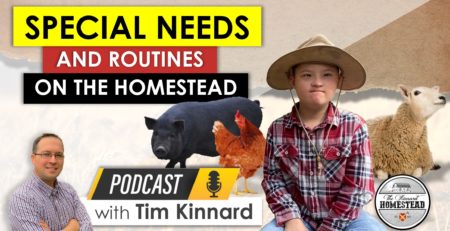
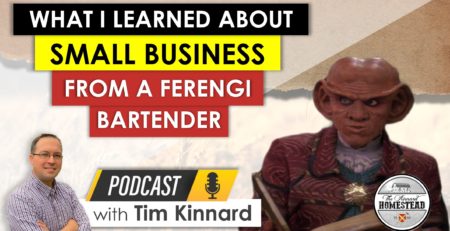
Comment (1)
Amen 🙏🏽 l choose Jesus, health, and family. I Retired at 52